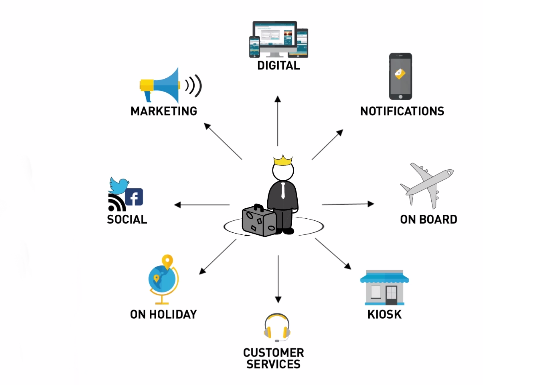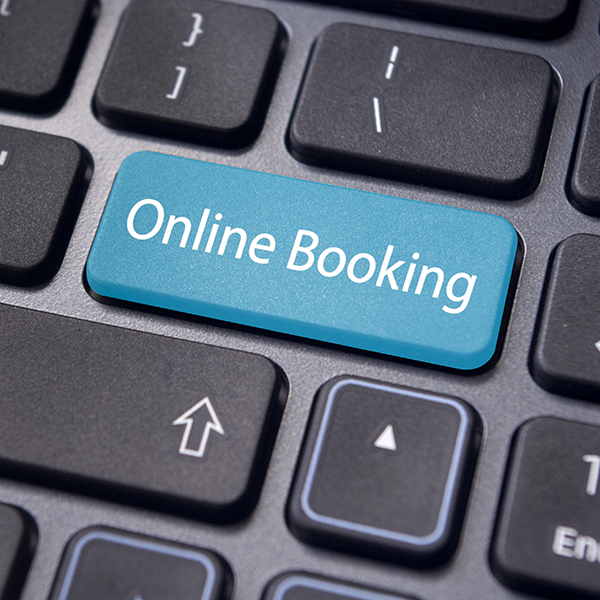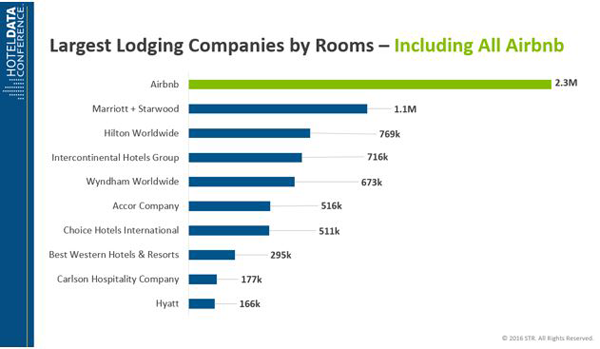Retail-Like Experiences for Air, Land & Sea

From mobile apps to check in and receive updates to websites to research and book trips, the travel and transport industry offers its fair share of digital properties on which to interact, but many vendors lack the customer awareness needed to truly engage today's hyper-connected traveler - a serious risk considering the popularity of disruptors like Uber (taxi) and Airbnb (hotel).
Recent estimates suggest the latter is twice the size of the combined entity of Marriott and Starwood (by raw number of listings); and it's only a matter of time before the next big app challenges companies simply selling space for air, land and sea. SAP wants to help the travel and transport move beyond ticket centricy to provide customer-centric experiences, similar to what retail is after but many are still falling short of providing thanks to data silos.
SAP announced availability of the SAP Hybris Commerce travel accelerator at its annual event held in Florida last week. The industries product joins other vertical-specific offerings like telecommunications, financial services and media, headed by Matthias Goehler who provided Website Magazine with more insights on the news. The travel accelerator promises to deliver on the omnichannel experience retailers seek themselves (with varying degrees of adoption and success) by helping traditional travel businesses connect various systems to foster more real-time and relevant customer engagement moments.
An airline, for instance, could:
- Connect the call agent, gate representative, website and all other touchpoints to get a single view of customer booking.
- Serve dynamic pricing to specific customer segments based on business rules (e.g., loyalty, average order value, travel frequency, etc.) whether it's via phone, in-person, on-site or in-app.
- Create packaged offers and bundle products - functionality that is native to Hybris and could stand to be improved within travel.
- Deliver personalized upsell recommendations that make sense to the scenario (e.g., a shuttle offer to a business traveler rather than a rental car).
- Provide preference to certain customers (e.g., a social media influencer or an elite member) when a trip, for example, is interrupted and passengers have to be rebooked (to minimize the reach of negative brand sentiment).
- Understand where a traveler is in their buying journey to deliver contextual content or support (e.g., a person who just opened a customer service ticket and is now calling, opening a live chat or visiting a certain landing page).
While these are just a few scenarios for travel accelerator, its appeal is that travel and transport vendors can understand who customers are, where they are going and why, as well as how that plays into the broader customer profile in order to provide contextual content that encourages them to convert, and regularly.

Without integrating disparate systems, however, travel companies won't have the uniformed customer awareness needed to compete with the affordability, ease and sexiness of emerging business models - let alone be the ones to create them - and the same is true of retail.










